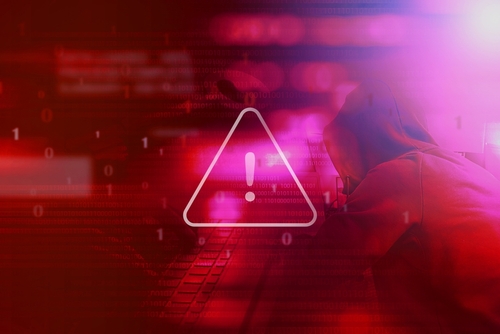With vaccine distribution ramping up around the U.S., it appears there may finally be some light at the end of the long, dark, COVID-19 tunnel.
Cybercriminals appear to know this and are trying to squeeze every last dime out of coronavirus related scams and cyberattacks before they don't work anymore.
The U.S. Department of Justice (DOJ) is now warning of fake "post-vaccine survey scams."
The DOJ has received reports of fraudulent COVID-19 vaccine surveys for end-users to fill out, promising some kind of prize or cash after completing the survey, but that is clearly not the intention.
The surveys are primarily used to steal money from end-users and unlawfully capture their personal information.
How are these surveys conducted?
The DOJ says that end-users typically receive these surveys via text message or email and are promised a choice of a prize upon completion, such as an iPad Pro.
The survey says that the recipient will only have to pay for shipping to receive the prize, which is how they steal that individual's credit card information. This also exposes the user's personally identifiable information (PII) to the scammers, increasing the probability of identity theft.
The DOJ warns end-users to never click on a text message or email claiming to be a vaccine survey. Here is part of the DOJ's statement:
"Schemes that use links embedded in unsolicited text messages and emails in attempts to obtain personally identifiable information are commonly referred to as phishing schemes. Phishing messages may look like they come from government agencies, financial intuitions, shipping companies, and social media companies, among many others. Carefully examine any message purporting to be from a company and do not click on a link in an unsolicited email or text message. Remember that companies generally do not contact you to ask for your username or password. When in doubt, contact the entity purportedly sending you the message, but do not rely on any contact information in the potentially fraudulent message."
You can read the DOJ statement in its entirety for more information on COVID-19 vaccine scams and how to report any fraudulent messages.





